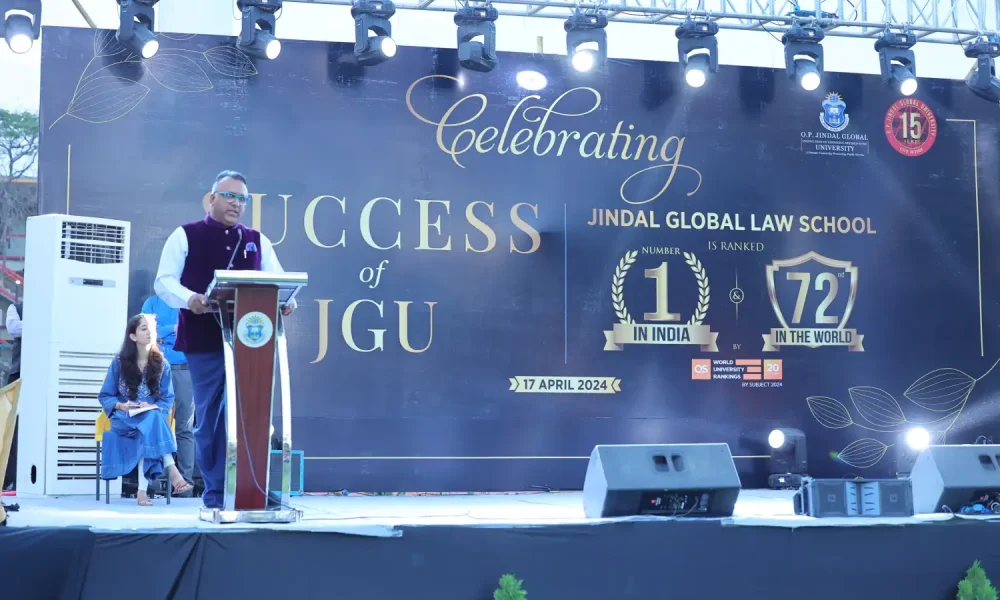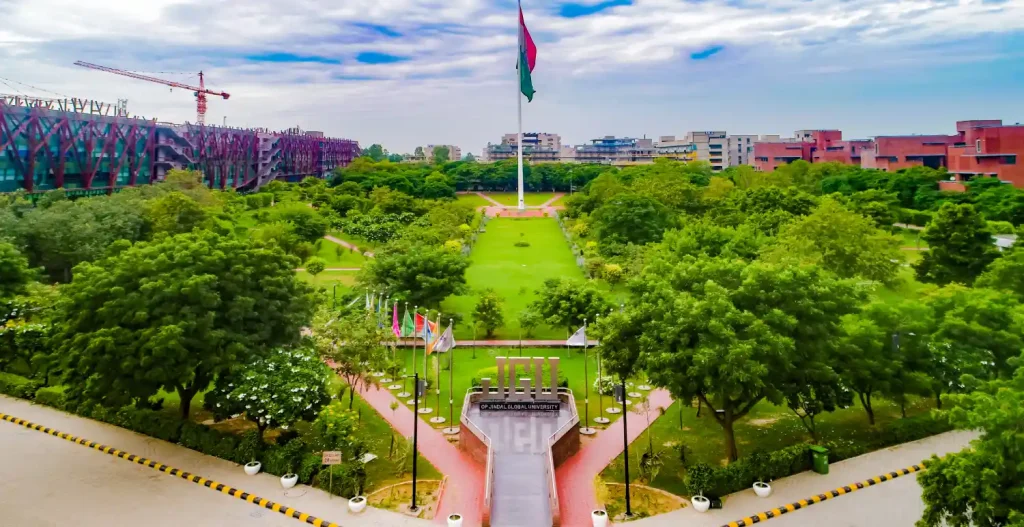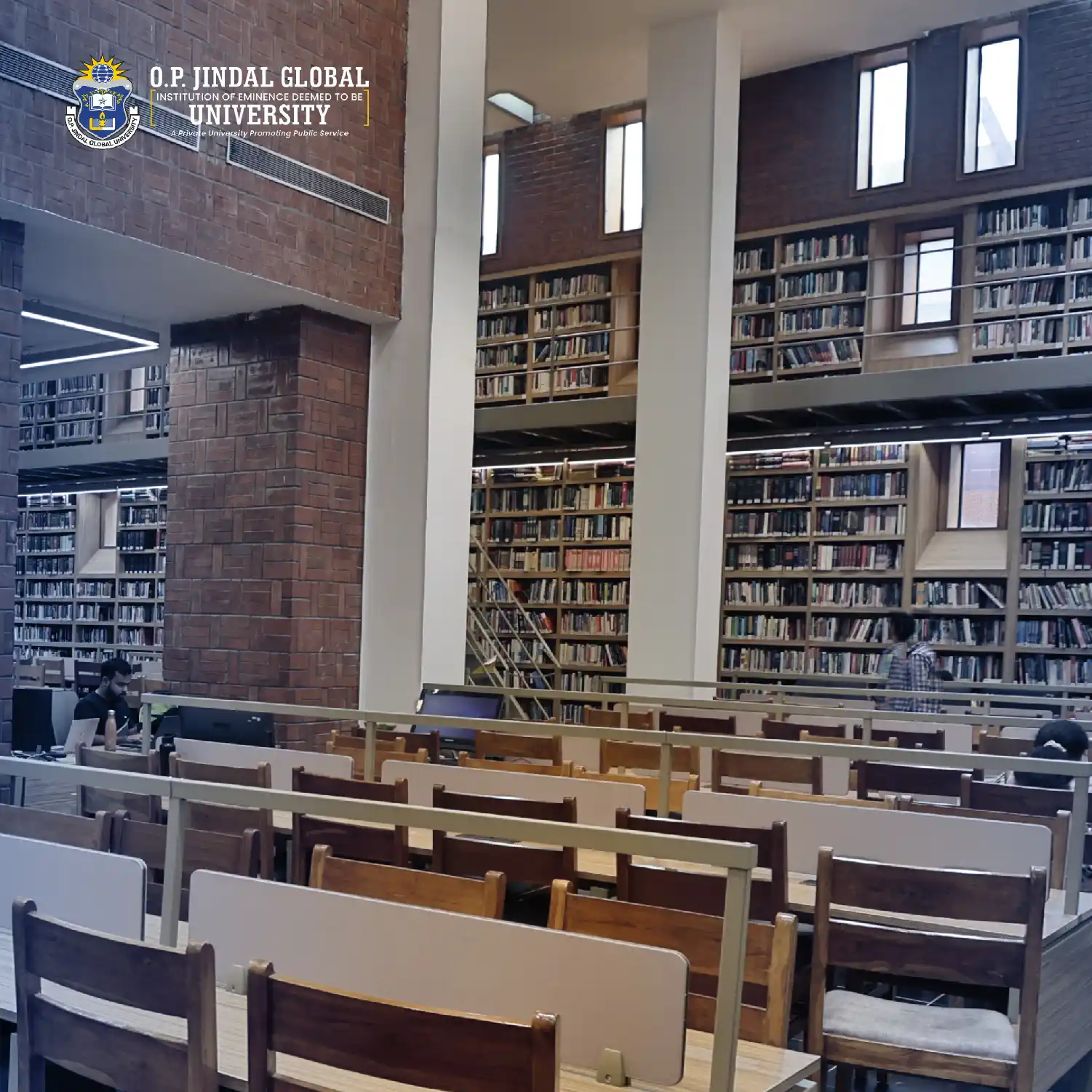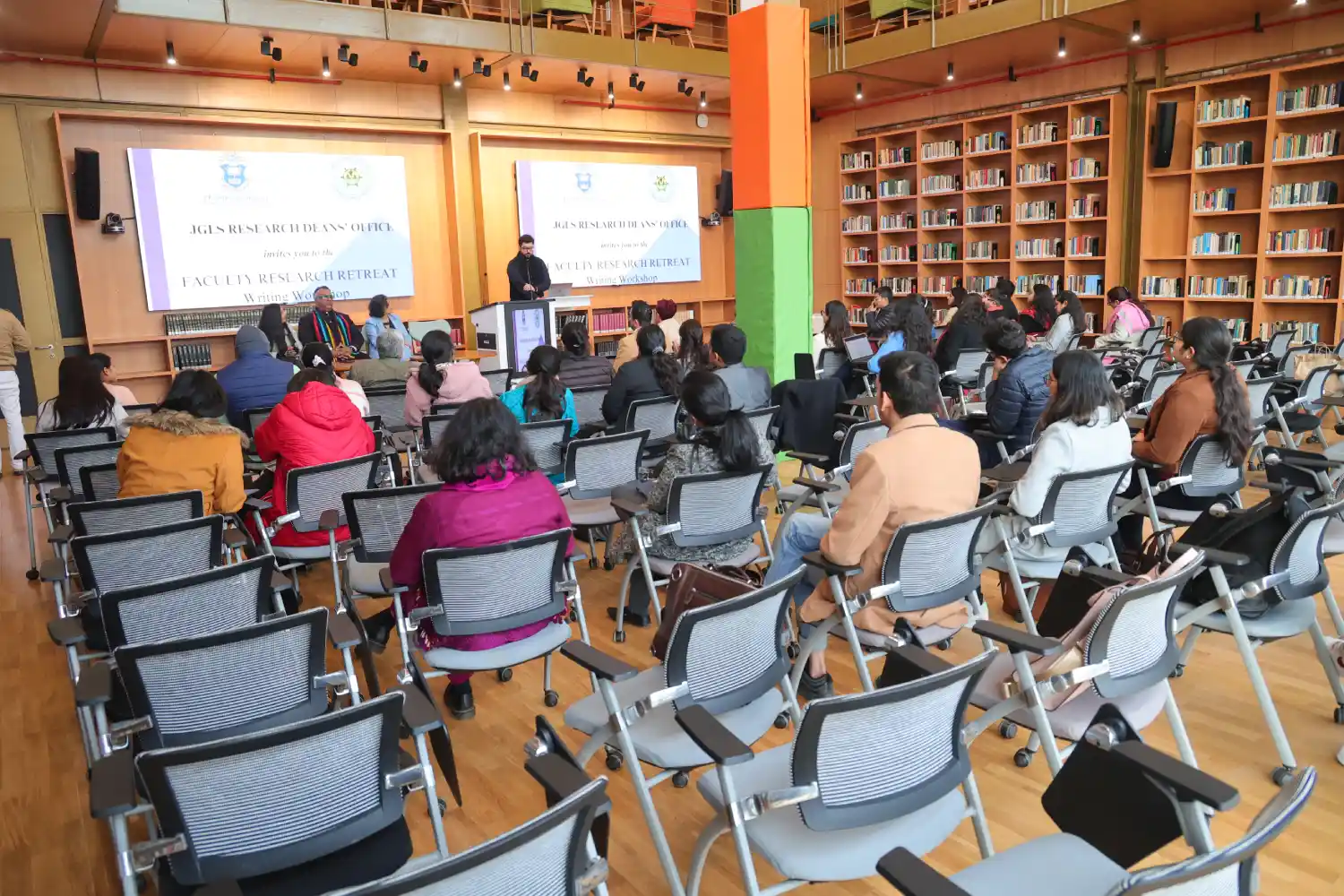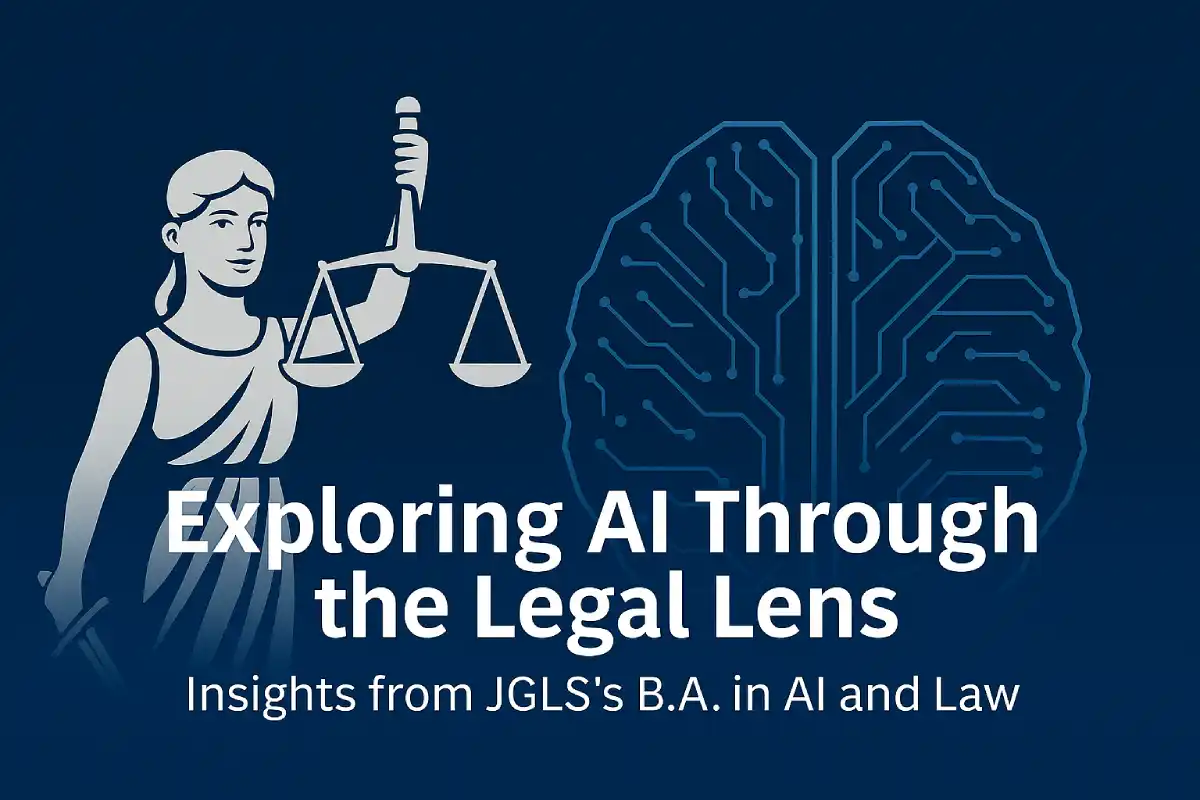Fake news and hate speech on social platforms are global problems, and India is feeling the impact. If we talk about a poll conducted during the 2019 vote, it revealed that 88% of India’s first-time voters viewed fake news as a major issue.
A recent UNESCO-Ipsos study found that 64% of urban Indians point to their social media feeds, such as Facebook, Instagram, Twitter (now X), as the main source of false information and fake news. These numbers clearly highlight how urgent it is to tackle the legal challenges that we are currently facing related to online misinformation, spread of lies, and hate speech.
Law students who want to tackle such complex problems should think about enroling in the best private law colleges in India. These colleges give students a solid grounding to take on big challenges. They offer thorough legal training that gets students ready to deal with urgent issues like how to handle fake news online and rules about hate speech.
Take a Look at Indian Legal Framework
The first one that we are here to discuss is Information Technology Act, 2000. What is this all about?
- Section 69A: Under this section, the government has the power to stop public access to information on any computer resource when it is needed for sovereignty, security, or public order. This rule has indeed played a huge role in controlling as well as managing online content that are seen as harmful.
- IT Rules 2021: These rules make intermediaries more responsible asking all the social media platforms to be more careful when moderating any posts or content. They require platforms to appoint a team of grievance officers. These officers are there to follow takedown requests within set times trying to make social media platforms answer for their actions.
- DPDP Act 2023: Another recent and crucial regulation is the Digital Personal Data Protection (DPDP) Act, 2023, which focuses on protecting individuals’ privacy in the digital space while ensuring accountability for platforms and organizations managing data. This act sets clear guidelines for organizations to ensure data security and privacy. The DPDP Act also emphasizes accountability for entities handling user data, providing a robust framework to prevent misuse of personal information on social media.
Now if we talk about Indian Penal Code (IPC) for this matter, then we can highlight:
- Section 153A: Under this section, law can punish any actions that stir up a hostile situation among different groups based on things like religion, race, or language. This section, undoubtedly, plays a critical role in tackling hate speech that might upset public peace.
- Section 295A: Under this section, the Indian court of law can impose penalties for intentional and spiteful acts meant to anger any religious groups by insulting their beliefs. This section acts as a warning against speech that not only targets religious communities but also hurts their sentiments.
- Section 505: This section deals with any statements that can lead to public trouble, including those that encourage crimes against the state or disturb a calm situation of people. This rule is implemented mainly to stop the spread of misinformation or fake news that could result in public unrest.
You can know all the details about the Indian legal framework once you get into one of the best private law colleges in India.
Relevant Indian Cases & Judgements on Social Media Regulations
Indian court has played a major role when it comes to social media regulations. Below are some of the most important cases of all time:
- Shreya Singhal v. Union of India (2015): This was one of the iconic cases with a crucial ruling. In this case, the Supreme Court knocked down Section 66A of the IT Act. They found it went against the constitution because it was unclear and too wide-ranging stepping on the right to speak . This case showed why we need clear laws in India when it comes to managing what people are saying or posting online.
- Tehseen S. Poonawalla v. Union of India (2018): The next one is this one where the Supreme Court tackled the problem of mobs killing people because of fake news. They laid out rules to stop these attacks and stressed that states must keep law and order. This is one of the most important cases as it proved how dangerous false information can be in real life if they remain unchecked.
- Suo Motu Cognizance of Hate Speech during Elections (2023): This is a much more recent case where High Courts have taken strong action on their own to stop communal hate speech online during election times. They know this kind of talk can mess up democratic processes. These steps show how the courts help keep elections fair and honest.
Global Approaches to Regulating Fake News and Hate Speech
Not only India, but different countries have implemented different legal measures for combating hate speeches and fake news on social media platforms that have led to political or social unrest. Some of the most prominent worldwide laws are:
United States:
- Section 230 of the Communications Decency Act: This law protects online platforms from being held responsible for content their users post. It makes sure that these platforms manage content without being seen as publishers. But people have criticised for letting the social media platforms avoid blame when fake news, misinformation and hateful speech spread on their sites.
European Union:
- Digital Services Act (2022): This EU law is made to make sure social media platforms efficiently deal with illegal content and false information. It requires them to be open about how they can effectively manage content and to take responsibility for it. This act focuses mainly on controlling all the digital services across the EU in a thorough way.
Germany:
- Network Enforcement Act (NetzDG): This act requires social media platforms to not only take down hate speech and other illegal content, but also levy hefty fines. This law tries to push for tougher content moderation to keep users safe from harmful stuff.
Key Challenges Faced To Address Misinformation and Hate Speech
Governments and legal bodies across the globe are taking various steps to regulate fake news, misinformation and hate speech. It is not just about keeping the peace, it is also about protecting the core of democracy – talking and knowing the truth. For those looking to pursue a career in law, understanding these challenges is important. Studying at one of the best private law colleges in India can help you gain the knowledge and skills needed to tackle these issues.
- Balancing Free Speech and Public Order: In India, Article 19(1)(a) of the Constitution gives people the right to free speech. But this right has limits. This limit is important to keep public order, decency, and morality. So, what is the actual challenge here? The challenge is to draw the line between speech that is okay and content that needs control.
- Cross-border Misinformation: The worldwide reach and popularity of social media platforms make it hard to enforce rules. The content from outside India can still affect the people residing in India. So, to tackle this challenge, the countries need to work together.
- Privacy Concerns: While it is important to make sure that every content follows the rules, the law should not mess with the right to privacy of any person. If we talk about Puttaswamy ruling, it said privacy is a basic right for everyone. So, the challenge here can be finding the right balance, keeping our freedom intact.
Tackling the legal issues raised by fake news and hate speech on social media in India calls for a careful approach that takes into account both domestic and global legal systems. This subject gives law students plenty to dig into covering constitutional law, cyber law, and human rights. It sheds light on how tricky it is to control online speech in a democracy.
Build a Global Career with the Best Private Law Colleges in India – JGLS
JGLS or Jindal Global Law School at O.P. Jindal Global University is one of the best private law colleges in India. It gears up future law hotshots for worldwide careers putting together a program with top-notch global exposure. The curriculum covers – think corporate, environment, tech, and solving legal tiffs. They have collaborations with some of the big-shot law schools like Harvard, Yale, and NYU so students get to set a pathway to their global career.
JGLS prepares students for global legal challenges with a focus on both theory and practical skills. The school has great facilities to help students learn, like the Global Library and Moot Court Society. The law faculty can guide you to become the next big name in the field of law.
If your goal is to join the big leagues of international companies or to bring change to world law practices, JGLS provides the must-haves. Kick off your journey into an exciting law profession right now.

